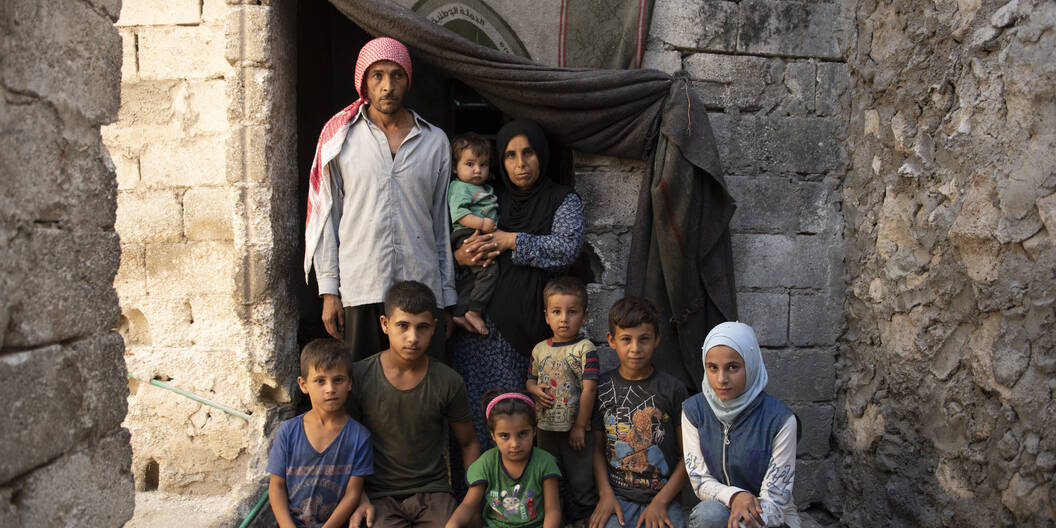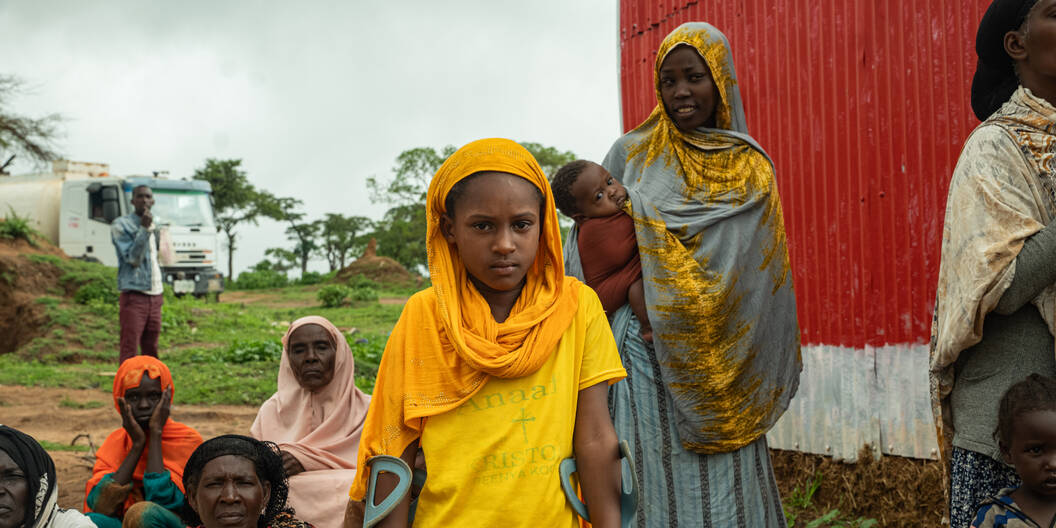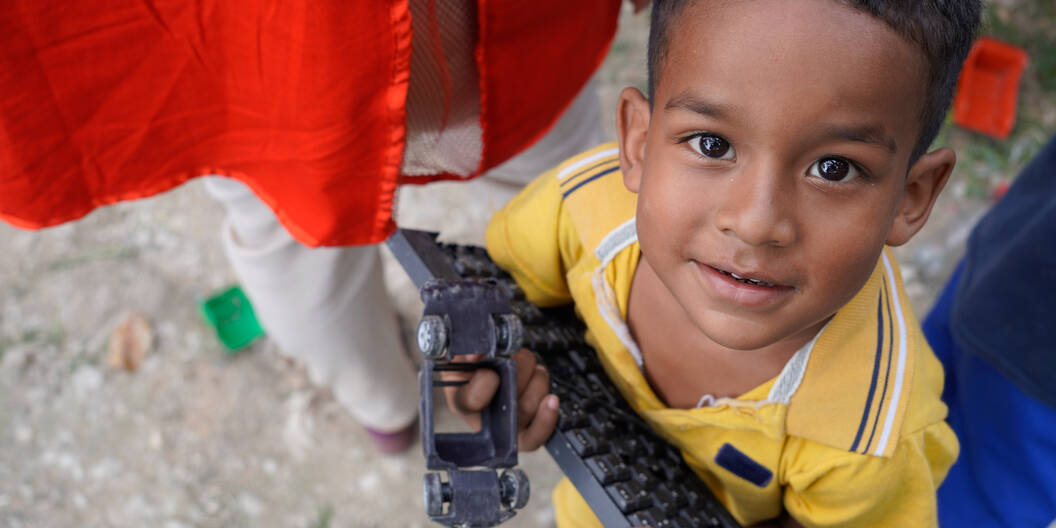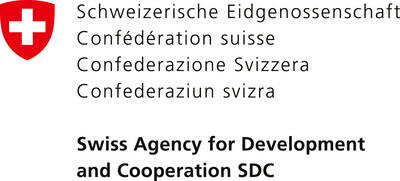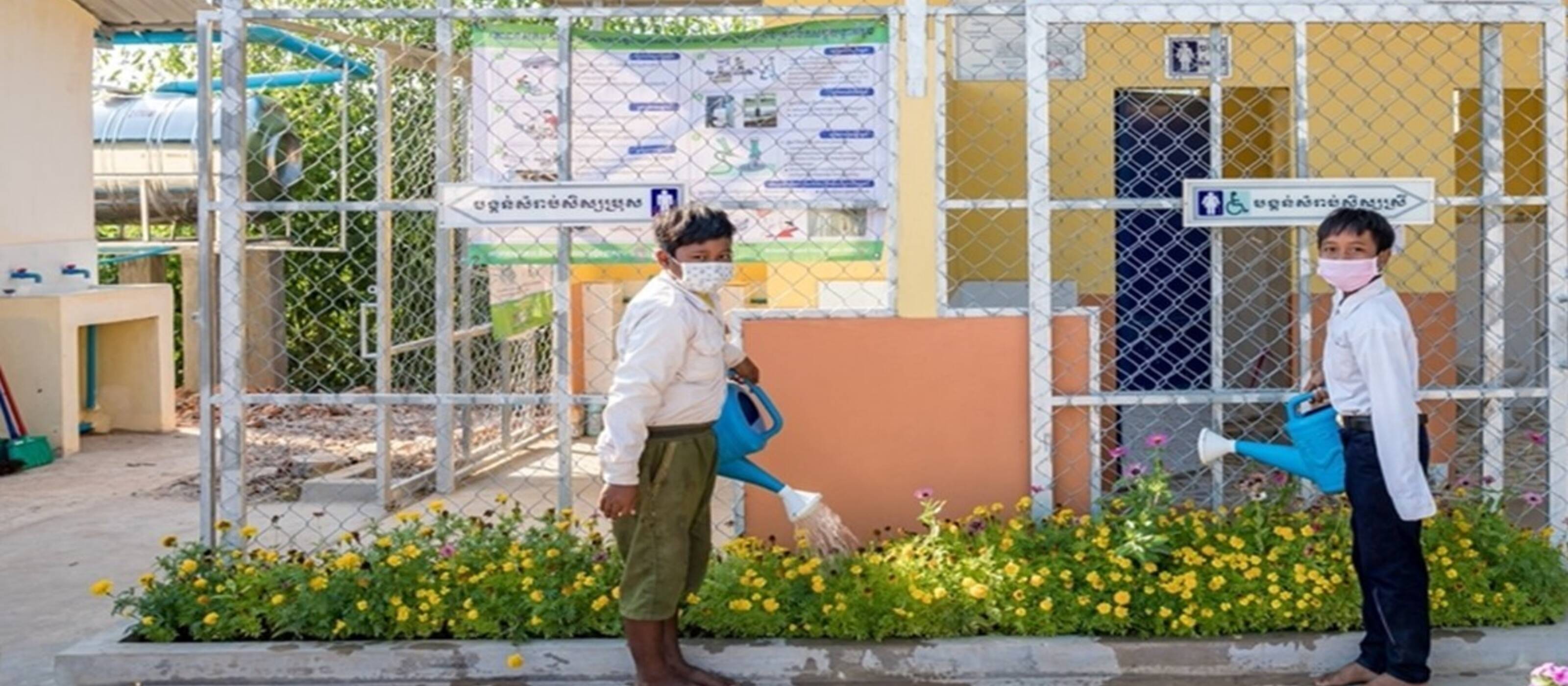

78 Blue Schools in Banteay Meanchey Province
Project in Cambodia
-
Overview
Theme
Income, Climate
Budget
2'111'455 Swiss francs
Duration
01.08.2023 - 31.07.2026
Project area
Banteay Meanchey Province
Target groups
Primary school students and primary school teachers. Approximately 20'625 primary school students and their teachers in 78 primary schools (25 new Blue Schools, 53 existing Blue Schools). In addition, 50 new e-learning Blue Schools will benefit about 13'285 students.
Project number
P230010
Project in detail
Further projects Commitment to a world without poverty
The project is funded by:
- SDC
